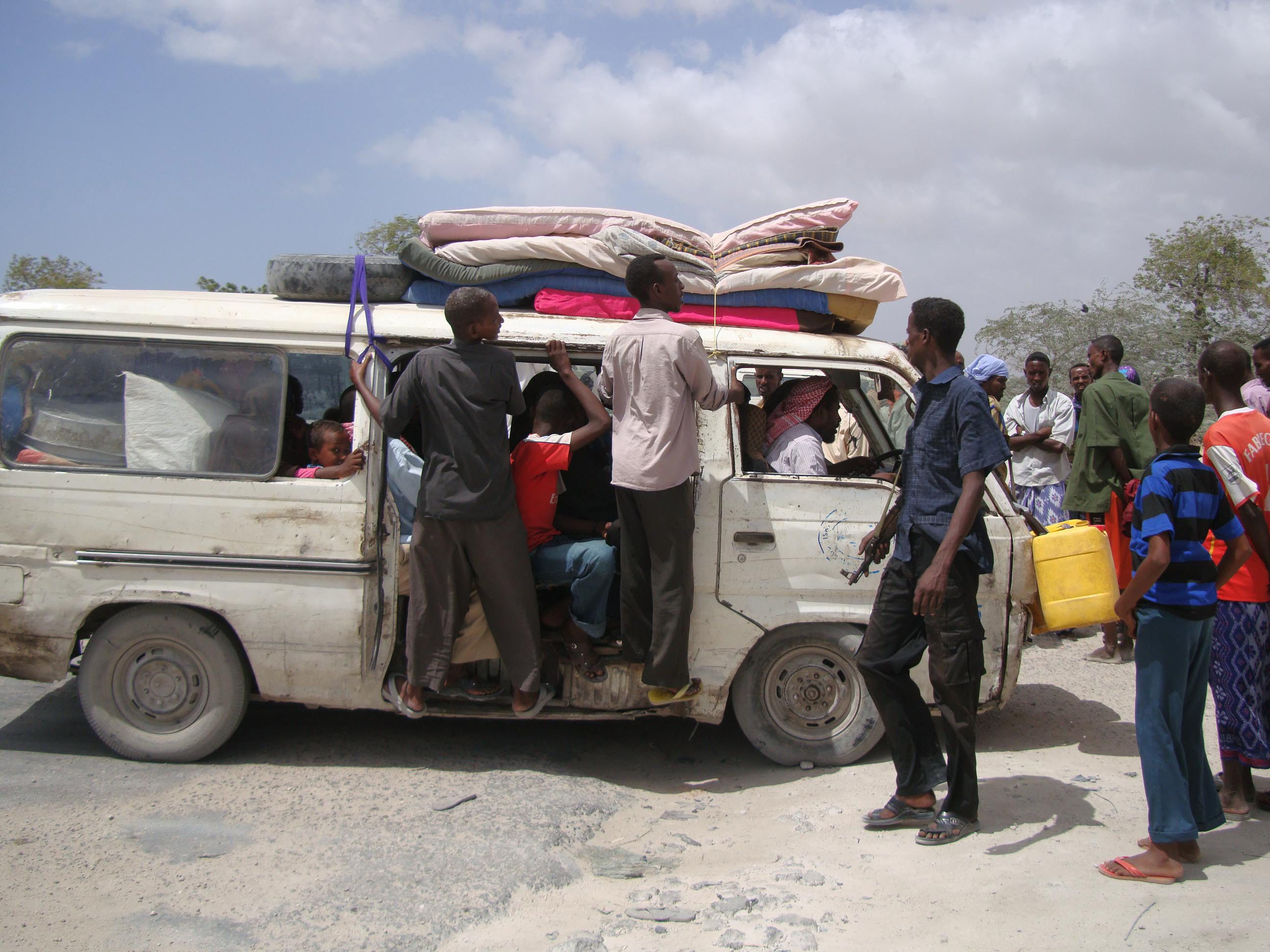Greece: UNHCR concerned at drop in recognition rate
Greece: UNHCR concerned at drop in recognition rate
UNHCR is concerned that an extraordinary drop in the numbers of refugees being recognised in Greece may reflect a serious problem in the Greek asylum procedure.
Although, on the face of it, Greece has one of the more liberal asylum systems in Europe, its current recognition rate ranks as one of the lowest - despite the fact that the main groups of asylum seekers come from countries that are well-known producers of refugees, such as Iraq and Afghanistan.
While 11.2 percent of asylum seekers were granted refugee status under the 1951 refugee Convention in 2001, a mere 0.4 percent have been recognised so far in 2002. The total recognition rate, including those granted humanitarian status, in 2001 was 22.4 percent - against a mere one percent this year.
By comparison, the average recognition rates across the EU in 2001 were 15.8 percent receiving 1951 Convention status, and 26.9 percent including humanitarian status.
The disparity between Greece and most other European countries is thrown into even more stark relief when one looks at the recognition rate for the largest single group - namely Iraqis. In 2001 the average recognition rate for Iraqis across the EU was 32 percent, rising to 52 percent including humanitarian status. In Greece in 2002, the Convention rate is 0.2 percent, rising to 0.58 percent when humanitarian status is included - in other words almost 100 times lower than the most recent EU average. In all, from January to November 2002, 9 Iraqis in Greece received Convention status, 12 received humanitarian status and 3,601 were rejected.
While the composition of the caseloads differs from country to country, the differences in composition of the Greek caseload are not sufficient to explain the enormous disparity in the numbers who are at the end of the day recognised as refugees - particularly when 43.7 percent of this year's asylum applications (and 35.9 percent of last year's) were made by Iraqis.





